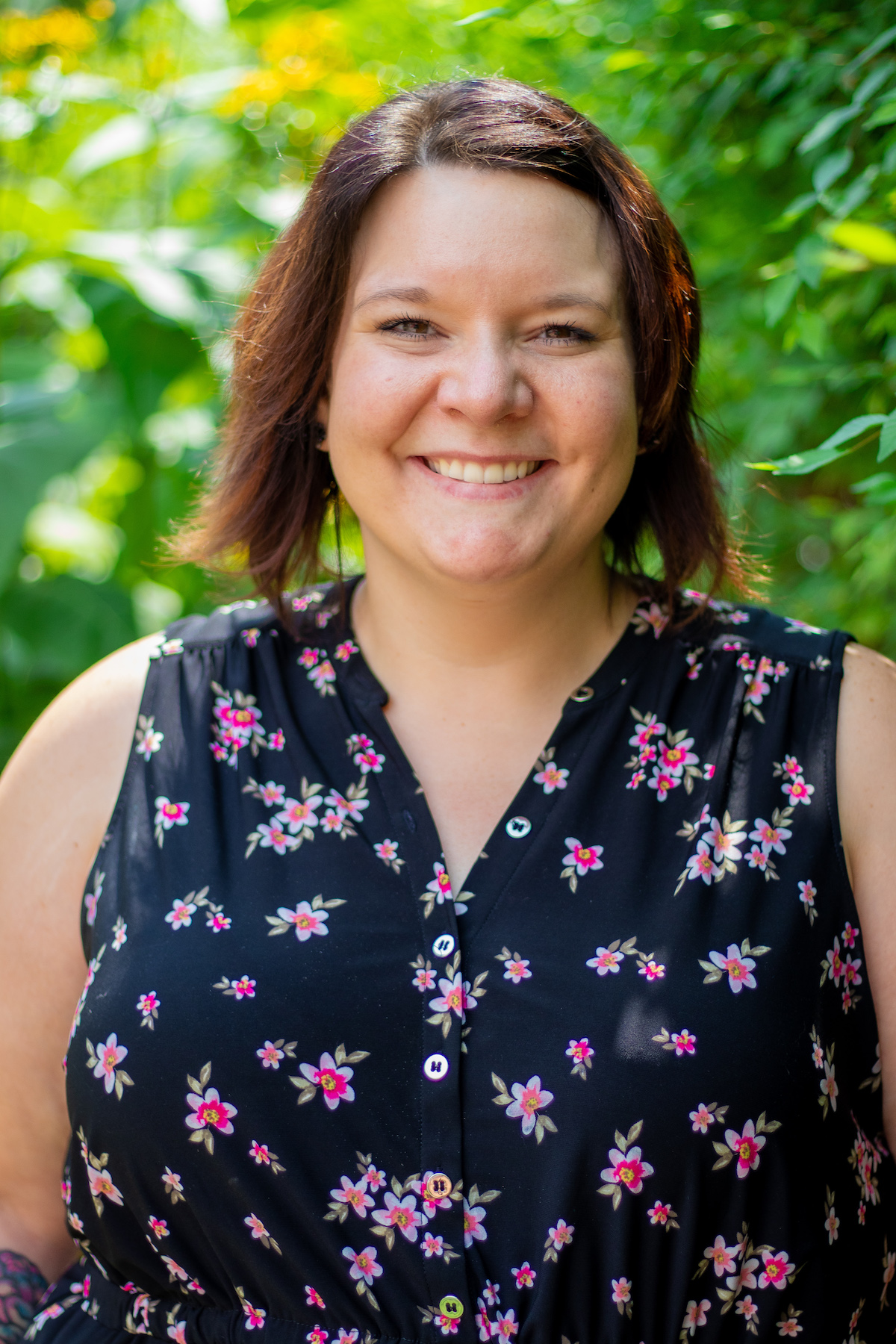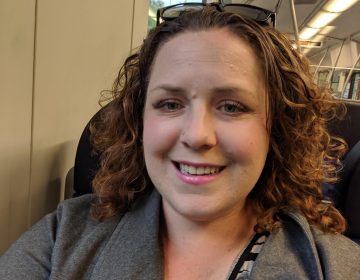
Janelle Lamontagne
A little bit about you:
Name: Janelle Lamontagne
Age: 31
City: Brandon, MB
What was your diagnosis?
Grade 3 Anaplastic Astrocytoma brain cancer
What year was it? 2017
What was your age at the time? 29
What is something you’ve done that you’re really proud of?
I had the amazing opportunity to be a contributor to Canadian Virtual Hospice‘s Living Out Loud interview series about young adults living with terminal diagnoses.
Your diagnosis:
What was your life like before your diagnosis?
Honestly, it’s getting hard to even remember what my life was like before cancer. The memories seem faded and dull — almost shallow. Before I was diagnosed with cancer, my life revolved around work. I was very career-oriented and always thought I’d have time later for fun and travel and leisure.
How did you find out you were sick? What led to your diagnosis?
In hindsight, my cancer story begins with vodka — way, WAY too much vodka. It was the summer of 2014 and in all my 26-year-old brilliance, I thought it was a great idea to drink only vodka and water for five days straight at a music festival. By the end of the festival, I was absolutely covered with bruises, and not all of them could be explained by drunken shenanigans.
When I returned to work the following week, I made a doctor’s appointment to see why I was bruising so badly. The morning of my appointment, in the middle of my work day, my bladder hemorrhaged. That was NOT a pleasant experience. At my appointment, my doctor instantly suspected a bleeding disorder and I was referred to a hematologist in Winnipeg.
Two years and hundreds of blood tests later, we discovered my blood essentially doesn’t clot (seriously, the machines timed out before it clotted) and I was diagnosed with a rare type of Von Willebrand Disease (VWD). Typical VWD is fairly common — approximately one per cent of the population has it. I have an acquired form though which is much rarer. In fact, only around 300 cases have ever been reported in the literature. Because my VWD is acquired, it doesn’t respond to treatment the same way as typical VWD, so for a while, my hematologists weren’t quite sure how to treat me when I had a bleeding crisis.
Fast forward to April 29, 2017 when, completely randomly, I had a vein rupture in my arm. I ended up in the ER for treatment to stop the bleeding and because of that, my hematologist decided to trial Intravenous Immunoglobulin (IVIG) therapy on May 2 to see if it would be effective in helping my blood clot. I reacted to the IVIG and ended up in the ER on May 4 with a severe migraine.
Because my vein in my arm had just spontaneously ruptured, my hematologist was worried about a spontaneous brain bleed and ordered a CT scan to rule it out. And that was when my brain tumour was found. It was an incidental finding, completely unrelated to why I was in the ER.
What were your first thoughts when diagnosed?
I was in complete shock. How could I have a gum ball-sized tumour in my brain and have no symptoms? I was scared, but tentatively hopeful that it wasn’t as bad as it seemed.
In which hospitals were you treated?
My neurosurgery was done at the Health Science Centre and I saw my oncologists at CancerCare Manitoba, both of which are in Winnipeg.
What did your treatment consist of?
My treatment consisted of an awake craniotomy, radiation, and chemotherapy.
Physically, my surgery was the easiest to recover from, however psychologically, it was the hardest. Being awake while my skull was cracked open and my brain was played with left me with a lot of emotional trauma.
Radiation made me feel like I was dragging a 100lb blanket behind me with every step I took. I was so mentally and physically exhausted.
I received 14 months of chemo: six weeks of daily low-dose chemo followed by 12 months of high dose chemo (five days on, 23 days off). My body wasn’t able to tolerate the high dose chemo very well and I ended up requiring platelet transfusions and IV fluids.
Throughout my treatment, I was in survival mode. I put on a happy face and pretended to be living life to the fullest by crossing items off my bucket list, but honestly, I realize now that I was simply trying to escape reality.
What is your current medical status?
I finished active treatment the end of October 2018. I am almost two-and-a-half years post diagnosis and two-and-a-half years into my three- to five-year prognosis (which I do not believe in for a second!).
Life after cancer:
How is life different for you now post diagnosis?
Physically, I hardly recognize the body I am in and go through periods of time where I hate it. It is really hard to trust my body now.
Emotionally, I am stronger than ever. Cancer taught me not to sweat the small stuff, and I’ve gained a much stronger sense of self.
Socially, despite having an amazing support system, cancer made me feel so alone. There were so many things that I needed to say, but didn’t want to burden my friends and family with.
What is the toughest part about having cancer as a young adult?
As a young adult, you are right in the midst of creating your future. You may be in university, or starting your career, or getting married, or having a family, and then you are diagnosed with cancer and your life just stops. Everything you know implodes and you are left picking up the pieces and trying to patch them back together. When finally, at last, treatment is over and you try to immerse yourself back into your pre-cancer life, you realize that the world has moved on without you. That is the hardest part about having cancer as a young adult.
What really helped/helps you to keep going while you were/are sick? What kept you/keeps you busy during treatment?
When I was receiving treatment and sick, I needed a purpose. I decided to foster puppies through the local humane society. The puppies saved me. They distracted me from my misery and their unconditional cuddles and love made even the worst days better.
How are you connected with Young Adult Cancer Canada?
Around six months after I was diagnosed, I was searching online for some sort of cancer support group for young people because Brandon had absolutely nothing to offer. I came across the YACC website and emailed Lesley who added me to the Facebook group. From my first interaction, I felt so much less alone. Since then, I’ve attended a couple Winnipeg Localife events, travelled to two Survivor Conferences, and become one of 15 YACCtivists across Canada.








